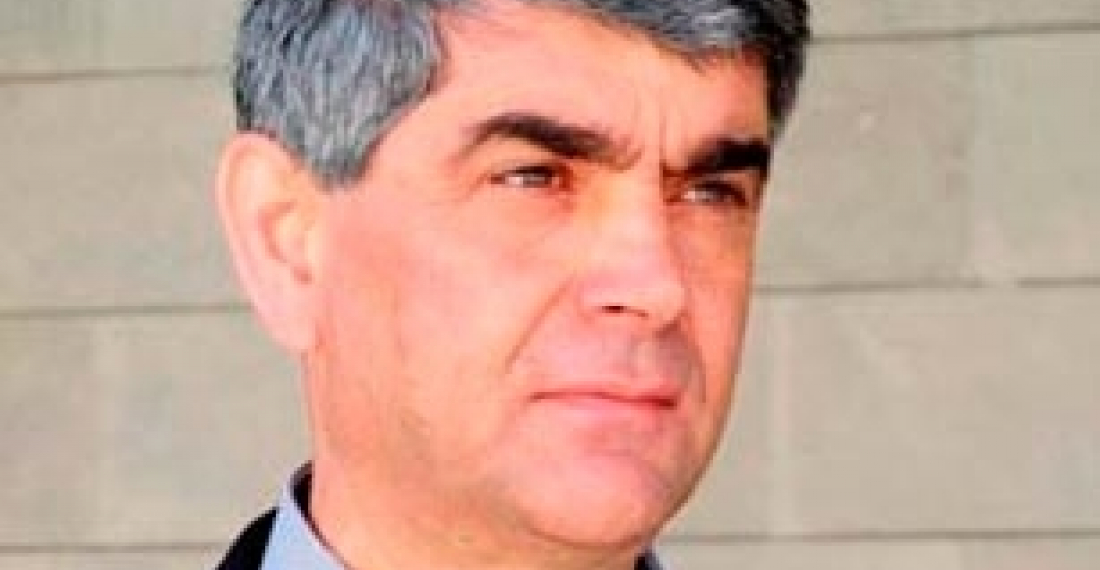Ex-candidate for president of NKR Vitaly Balasanyan has announced an intention to launch a public movement and addressed the citizens of NKR on that occasion, ArmInfo's correspondent to Stepanakert reports.
In his address, Vitaly Balasanyan said that 1/3 of the votes he received during the presidential election belong also to his compatriots who are ready to fight for positive changes in the governance system and for a developed country. He recalled that during his presidential campaign many citizens asked him to launch a public movement and continue the figt irrespective of the voting result.
"It is high time to create an institutional structure that will try to settle problems with political methods," Balasanyan says in this address.
He says that together with his supporters they will soon visit various communities in NKR to introduce the basic principles of the structure they are going to create and to listen to the public suggestions. Balasanyan says that the prior task of the Armenians worldwide is to protect and fortify the borders of Artsakh and strive for international recognition of Artsakh.
Among the major goals of the movement Balasanyan outlined establishment of social justice and public access to the national wealth.
"We have prepared a preliminary version of the basic principles that will undergo discussions and alterations and become a basis for unification of wide sections of the population for preservation of the national and religious values and development of the country," Balasanyan says.
The presidential election in Nagorno-Karabakh took place July 19 2012. The winner Bako Sahakyan secured 66.70% of the votes, while his key rival Vitaly Balasanyan 32.50%. The turnout was as high as 73.43%.







